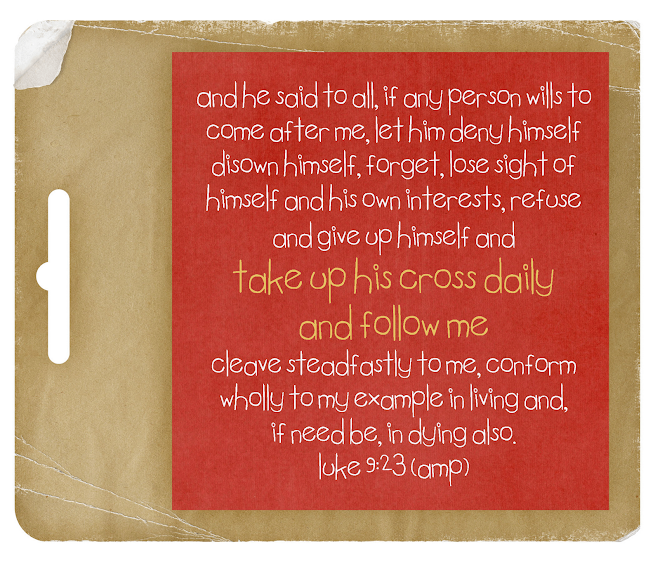I was perusing Ambleside Online's website and came across a link to an article titled Why the KJV? by Lynn Bruce. I was not raised reading the KJV and I'm going to be honest with you, it is quite difficult for me to read and comprehend. I don't doubt that KJV is the most accurate version, although I am very fond of the Amplified Bible. When it came time to buy bibles for The Thinker and The Reader Mr. Steady stood firm on needing KJV for the boys.
After reading this article I wholeheartedly agree that KJV is best for teaching your children with. And if you, like me, struggle with KJV or have ceased teaching your children from KJV the author includes some tips for the transition:
Some ideas to choose from to help you ease the transition . . .
~Begin to choose memory verses from the KJV. Studies have shown that it is
more easily memorized than other versions, due to its rhythm and meter - that
"fine roll" to which Miss Mason referred.
~Continue for a time with your current version for daily Bible study, and
add a brief oral reading of the KJV Psalms each day. Read passages such as the
Ten Commandments, the 23rd Psalm, the 100th Psalm, the birth of Christ in Luke,
the Beatitudes, the various parables, the Sermon on the Mount, "The Lord's
Prayer," and others such as John 3:16, Galations 5:22, and Philippians 4:8.
Later, you may wish to journey into Isaiah, which flows with lyrical and poetic
language.
~Consider "weaning off" by using the KJV along with the version your
children are accustomed to, reading the same passage from both so they can
compare and pick up unfamiliar phrases.
~Have morning readings of familiar Bible stories from the KJV, followed by
a bedtime reading of the same passage from a good, literary story Bible, like
the one by Catherine Vos. In this manner, the story Bible essentially provides a
narration of the daily Bible reading.
~Many children have benefitted greatly from listening to audio recordings
of the KJV by seasoned professional readers like Alexander Scourby. "The World's
Greatest Stories from the World's Greatest Book" is a series of recordings by
storyteller George Sarris, reading word-for-word from the King James text. These amazingly vivid readings are widely available from various homeschool vendors
and Christian bookstores. My children have enjoyed them for years.
~Although most difficulties with King James language can be overcome with
context clues, it's helpful to keep a good (and preferably old) dictionary at
hand, such as Webster's 1828 Dictionary. Definitions from Webster's 1828 may be
searched online at http//www.christiantech.com/. Another
good choice is the Oxford Dictionary, which is unique in that it gives word
histories, and thus can often helpfully illuminate what a word meant in the
early 1600's.






I grew up with the King James Version. It is beautiful. But I have found it so freeing to read my NIV. I can actually understand what I am reading. Mine is in a Bible with 3 other versions, The KJV, the Amplified, and the NAS. They read side by side and I love it. You can always compare to the KJV. And I have found that what I have read and compared says the same thing. I respect your decision to have your children read and learn KJV. Just be open to them wanting to read another version when they get older. Emma's eyes opened with wonder and excitement when she started reading my NIV. She was just amazed that she could actually understand it:)
ReplyDeleteGod Go with you and bless you in your journey with Him.